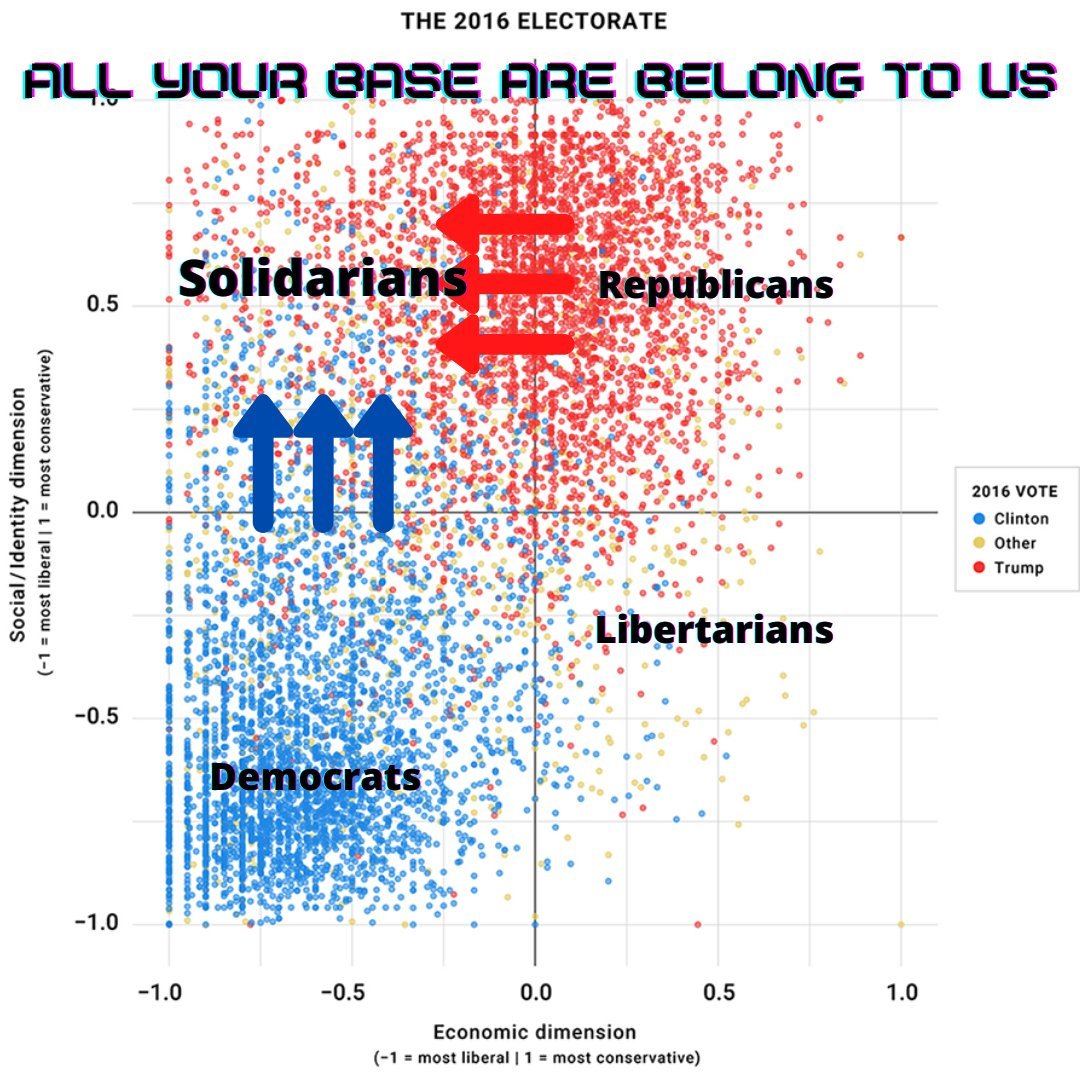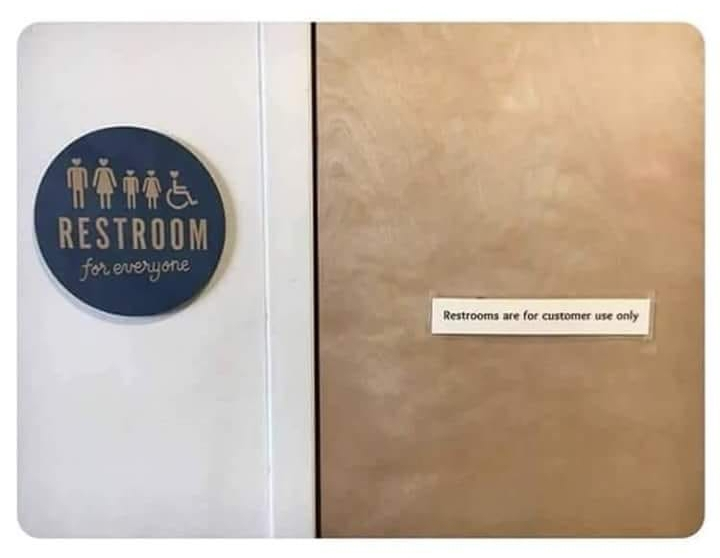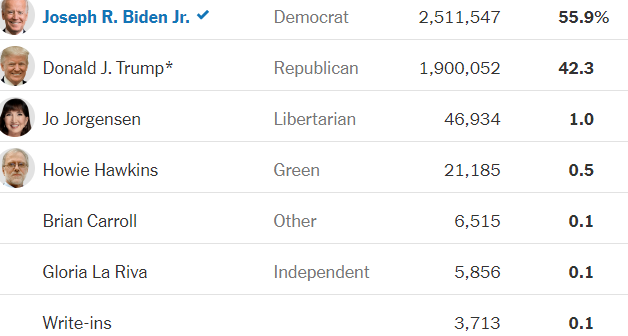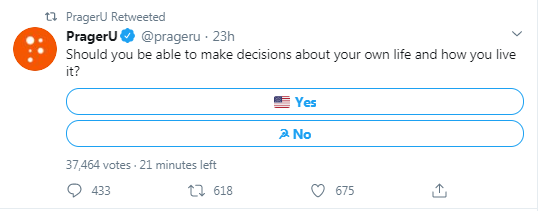
A lot of discussion about the GOP as a working-class party of the future today.
We will say this: it would be good for the country if this were actually true.
They've got a long, long way to go to make it believable.
We will say this: it would be good for the country if this were actually true.
They've got a long, long way to go to make it believable.
https://twitter.com/HawleyMO/status/1323835709753593858
It's true Republicans are increasingly a party *of* the (white) working class.
That's a different thing than being a party *for* working people at the policy level.
That's a different thing than being a party *for* working people at the policy level.
There are some good ideas for things like family-friendly tax and spending policy floating around conservative intellectual circles, and we're glad to see people like @AmerCompass reassess movement dogma about labor rights, trade, and more.
But the real question is, what do Republicans actually do with power?
So far, the answer mostly seems to be that they prioritize the interests of their donors.
So far, the answer mostly seems to be that they prioritize the interests of their donors.
Trump has done a *few* things differently than his predecessors when it comes to things like trade policy, but the fact is that the old libertarian economic agenda has been in the driver's seat far more often when it comes to taxes, health care, and more.
Likewise, some Republican leaders like @HawleyMO and @marcorubio have been saying some of the right things when it comes to challenging monopolies and pursuing common-good economic policies. They have even proposed a few good pieces of legislation.
But here's the thing: it's very easy for them to attack corporations like Google and Amazon when there's a culture war angle, & big tech companies like that are supportive of socially progressive causes.
It would be a much bigger deal for them to challenge health insurers.
It would be a much bigger deal for them to challenge health insurers.
There is every reason to believe that embracing *genuine* health care reform that served the interests of ordinary Americans would be a winning issue for the GOP.
But that would cross their donors.
But that would cross their donors.
Democrats are doubling down social issues like abortion extremism even as they downplay their traditional economic platform. There is a huge opening for "upper-left quadrant" politics.
But if the GOP ever gets there it will require more than just a slight re-branding.
But if the GOP ever gets there it will require more than just a slight re-branding.

In the meantime, if you're looking for a socially-sane party that also cares about ensuring universal access to health care, you're looking for the American Solidarity Party.
We feel this. Recall that the Republicans had control of the legislative branch for the first two years of Trump's term.
They could agree on destroying Obamacare, but not on replacing it with anything remotely adequate or coherent.
They could agree on destroying Obamacare, but not on replacing it with anything remotely adequate or coherent.
https://twitter.com/denverthunter/status/1324181714793619457
The other thing Republicans are chattering about today is their unexpectedly high numbers of minority support, especially among Hispanic Americans.
To be sure, it *would* definitely be a good thing if American politics were less racially polarized.
To be sure, it *would* definitely be a good thing if American politics were less racially polarized.
It's easy to see why the Dems are losing some of those voters. Their cultural politics (which are most of their politics) are overwhelmingly oriented toward the prejudices of mostly-white educated urbanites.
To be blunt, most Hispanics think "Latinx" is stupid.
To be blunt, most Hispanics think "Latinx" is stupid.
A healthy form of culturally-conservative populism could build a new cross-racial coalition.
But the GOP's populism, as of now, is not that.
But the GOP's populism, as of now, is not that.
So far, the GOP's turn toward populism has been wrapped up in racial resentment and a paranoid, angry, and divisive style of politics. Merely adding some non-white voters to that equation will not be much of an improvement.
There needs to be a political space for ordinary Americans who are alienated by the cultural extremism of progressives and *also* genuinely want this country to make strides toward racial reconciliation.
We need national solidarity, not the tribalism of left or right.
We need national solidarity, not the tribalism of left or right.
As we work toward that goal, people are going to attack us for daring to step outside the confines of the duopoly. It's already happening since our vote totals came out yesterday.
This is the right response👇
This is the right response👇

• • •
Missing some Tweet in this thread? You can try to
force a refresh










